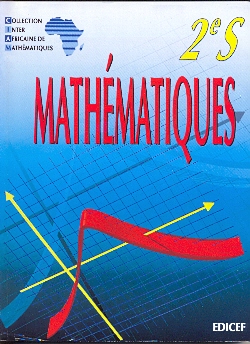| Mark Kot | ||||
| Cambridge University Press | ||||
| 2001 | ||||
| English | ||||
| 464 pages | ||||
| 16.82 MB | ||||
[tab] [content title="Summary"] **Elements of Mathematical Ecology** offers a comprehensive introduction to both classical and contemporary mathematical models, methods, and challenges in population ecology. The first section focuses on simple, unstructured population models, intentionally overlooking much of the variability present in natural populations to ensure tractability. Key topics include: - Density dependence - Bifurcations - Demographic stochasticity - Time delays - Population interactions (predation, competition, mutualism) - Optimal control theory for renewable resource management The second part of the book delves into structured population models, emphasizing spatially-structured models (particularly reaction-diffusion models), age-structured models, and two-sex models. Designed for advanced students and novice researchers in ecology, mathematical biology, and applied mathematics, the book features: - Clear line diagrams to elucidate mathematical concepts - Relevant problems throughout to enhance understanding - Supplementary mathematical and historical context to enrich the main content This volume serves as a valuable resource for those looking to deepen their knowledge in the field of mathematical ecology. [/content] [content title="Content"] [/content] [content title="Author(s)"] [/content] [/tab]
[facebook src="bibliosciencesorg"/]
Key-Words: Télécharger EBOOK PDF EPUB DJVU Elements of Mathematical Ecology. Download EBOOK PDF EPUB DJVU Elements of Mathematical Ecology.








